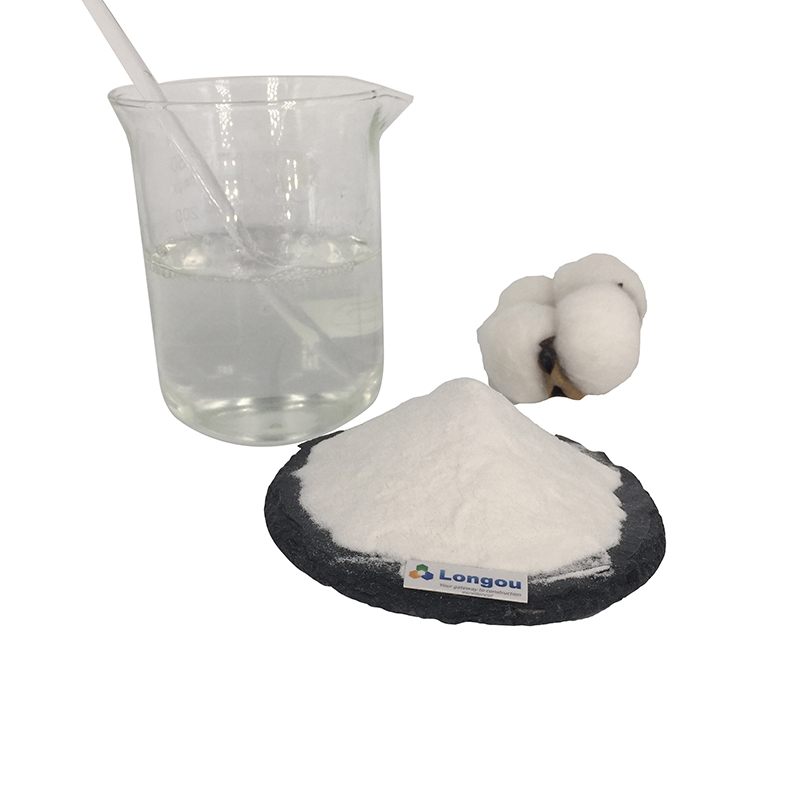The Key Role of HPMC in Tile Adhesives
Tile adhesives, commonly used in the construction and renovation industry, play a crucial role in ensuring the long-lasting and secure installation of tiles on various surfaces. One of the key ingredients that significantly influences the performance of tile adhesives is Hydroxypropyl Methylcellulose (HPMC). HPMC is a versatile polymer additive that contributes to the adhesive's strength, workability, and durability. In this article, we will explore the key role of HPMC in tile adhesives and how it enhances their performance.
Improved Adhesive Strength
HPMC serves as a vital component in tile adhesives by enhancing their adhesive strength. This polymer forms a bond with both the tile and the substrate, promoting a strong and durable connection. As a result, tiles remain securely in place, even in areas with high moisture or heavy foot traffic. HPMC's ability to increase adhesive strength is particularly important for floor and wall tiles, ensuring they do not come loose over time.
Enhanced Workability
Tile adhesives need to be easy to work with during the application process. HPMC contributes to the workability of the adhesive by improving its consistency and reducing the risk of sagging or slumping. Contractors and installers benefit from the ease of spreading and adjusting the adhesive, making the tiling process more efficient and precise. The improved workability also helps achieve even coverage, which is essential for proper tile installation.

Water Retention
Maintaining the right moisture level during the curing process is critical for the adhesion and hardening of tile adhesives. HPMC for tile adhesives acts as a water retention agent, helping to keep the adhesive moist for an extended period. This prolonged curing time allows for better bonding between the adhesive, tile, and substrate, resulting in a stronger and more reliable installation. The controlled moisture level also minimizes the risk of premature drying, which can compromise the adhesive's performance.
Adjustability and Open Time
HPMC contributes to the open time of tile adhesives, which is the duration during which the adhesive remains workable after application. The extended open time is valuable for complex or large tile installations, where more time is needed to adjust tile placement. It also offers greater flexibility, reducing the stress of time constraints during the installation process.
Crack Resistance
Cracking in tile adhesives is a common concern, especially in areas with temperature fluctuations or substrate movement. HPMC enhances the adhesive's flexibility and crack resistance, helping it withstand stress and movement without compromising the bond between the tile and substrate. This property is essential for ensuring the long-term durability of tiled surfaces.
Durability
HPMC plays a significant role in enhancing the overall durability of tile adhesives. By improving the adhesive's bond strength, crack resistance, and moisture retention, it helps ensure that the tiled surface maintains its integrity over time. This is particularly important in high-traffic areas or spaces exposed to moisture, where the adhesive must withstand various environmental stresses.
Conclusion
Hydroxypropyl Methylcellulose (HPMC) is a crucial ingredient in tile adhesives, and its role cannot be overstated. It enhances adhesive strength, workability, and durability while contributing to water retention, adjustability, and crack resistance. Contractors, builders, and installers rely on HPMC to ensure that tiled surfaces are not only aesthetically pleasing but also long-lasting and reliable. As the construction and renovation industry continues to evolve, HPMC remains a key component in the formulation of high-quality tile adhesives.
218
0
0


Comments
All Comments (0)